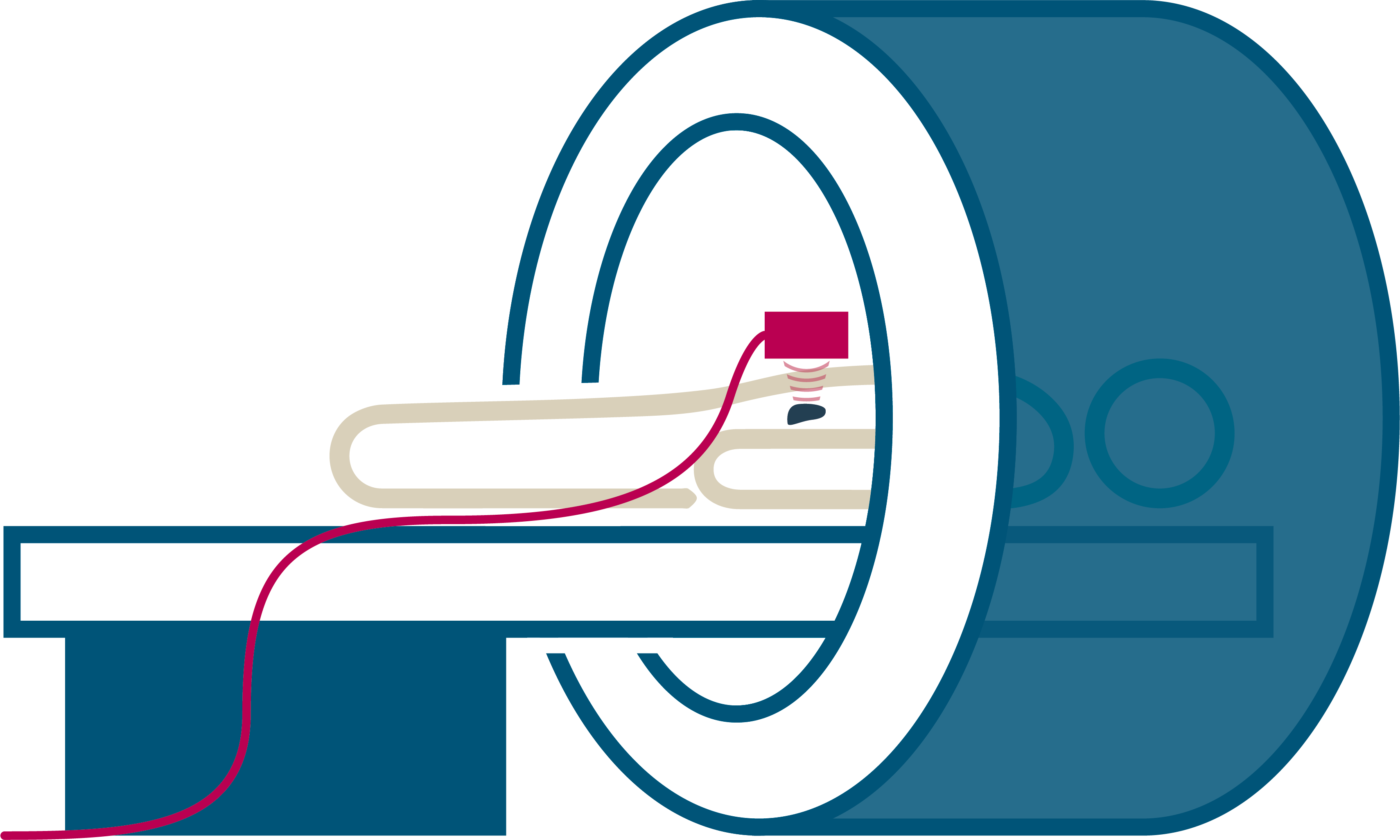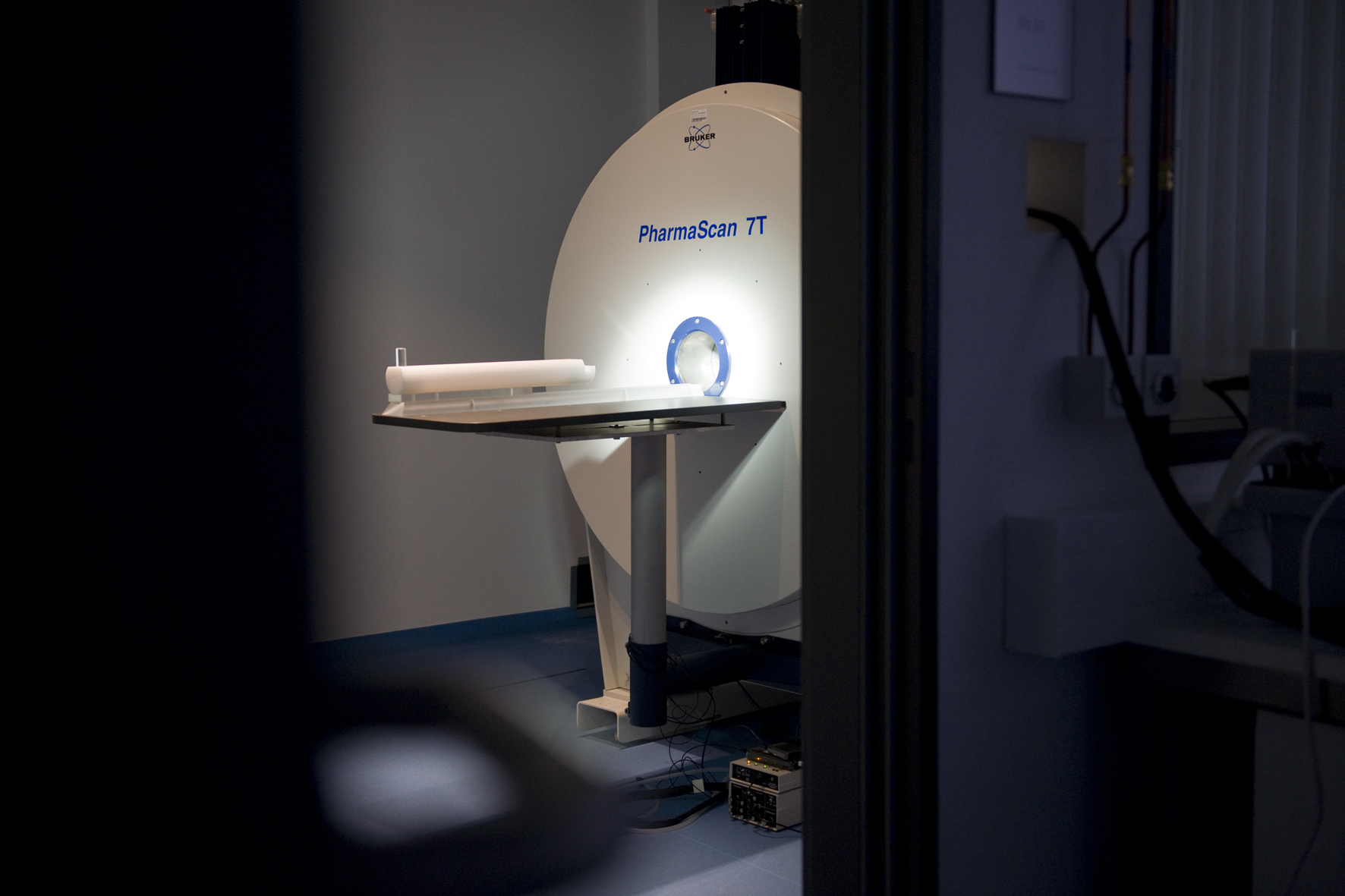Development and evaluation of an MRI-guided focused ultrasound system to improve radiation therapy for cancer
Researchers at the ICCAS of the University of Leipzig and the Fraunhofer IZI were able to show that a significant reduction in tumor growth is achieved by combining targeted induced hyperthermia and radiation treatment.


Radiation therapy (also radiotherapy) uses ionizing radiation to destroy cancer cells. A specific dose is targeted at the tumor or the affected region of the body to damage the cancer cells. Researchers at the Innovation Center Computer Assisted Surgery (ICCAS) at the University of Leipzig have investigated a combination of heating and radiotherapy to increase the success of the therapy. In this process, the tumor tissue to be irradiated is first heated non-invasively to 45°C using focused ultrasound. The cancer cells thus react more sensitively to the irradiation, which reduces tumor growth.
At the Fraunhofer Institute for Cell Therapy and Immunology IZI, the corresponding in vivo experiments were realized and proof-of-concept provided. The measurements were performed in the institute's high-resolution 7 Tesla Magnetic Resonance Tomograph (7T-MRI). The MRI-compatible ultrasound system was developed and provided by the Fraunhofer Institute for Biomedical Engineering IBMT in Sulzbach. In cooperation with ICCAS, Fraunhofer IZI scientists successfully integrated ultrasound technology into the 7T-MRI. The goal was to track tissue temperature using MR thermometry. After successful establishment of the optimal experimental parameters, the entire therapy concept was evaluated using an animal model (subcutaneous tumor in the mouse). It was shown that a significant reduction in tumor growth was achieved by combining targeted induced hyperthermia and radiation treatment.
The researchers jointly published the results in the journal Cells:
DOI dx.doi.org/10.3390/cells12030481
In the next step, the therapy concept and the corresponding ultrasound technology will be further developed and evaluated. In addition to its use in cancer therapy, focused ultrasound can also find application in other diseases. For example, as a non-invasive method for deep brain stimulation or by temporarily opening the blood-brain barrier, neurodegenerative diseases such as Alzheimer's and Parkinson's can also be addressed.
Publication
Zhang X, Greiser S, Roy U, Lange F, van Gorkum R, Fournelle M, Speicher D, Tretbar S, Melzer A, Landgraf L. Evaluation of a Developed MRI-Guided Focused Ultrasound System in 7 T Small Animal MRI and Proof-of-Concept in a Prostate Cancer Xenograft Model to Improve Radiation Therapy. Cells. 2023; 12(3):481. DOI dx.doi.org/10.3390/cells12030481
